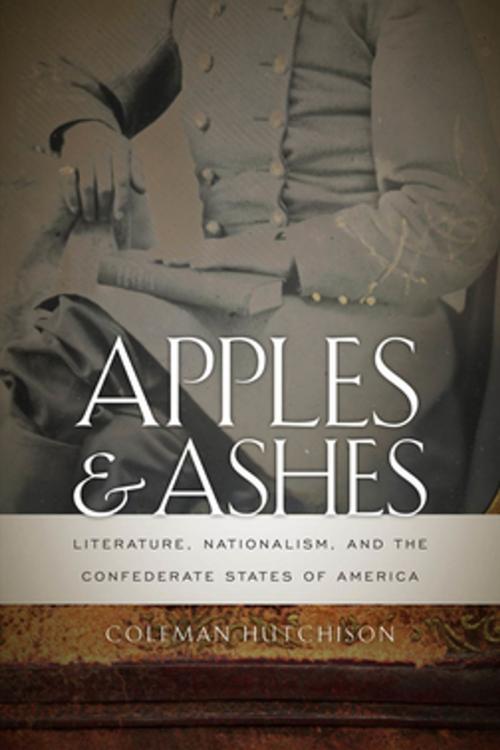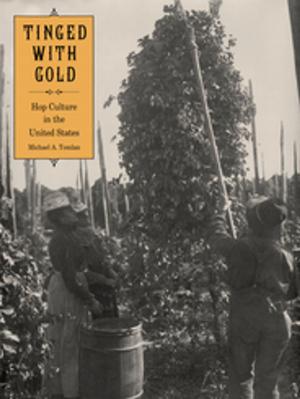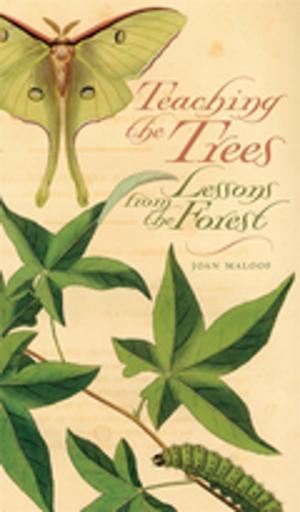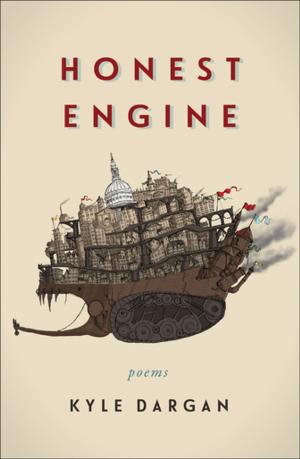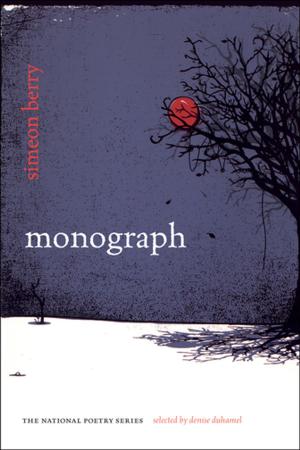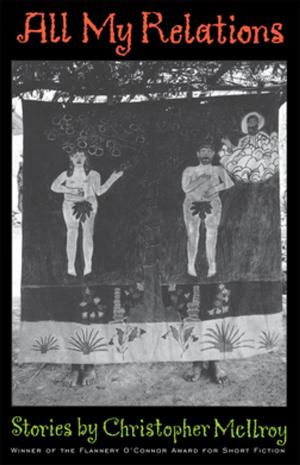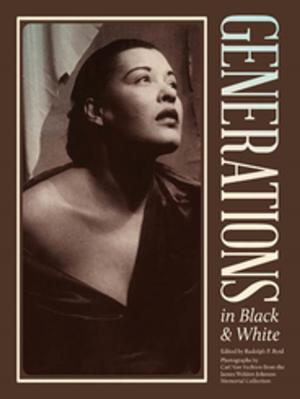Apples and Ashes
Literature, Nationalism, and the Confederate States of America
Fiction & Literature, Literary Theory & Criticism, American| Author: | Coleman Hutchison, Riché Richardson | ISBN: | 9780820343655 |
| Publisher: | University of Georgia Press | Publication: | March 1, 2012 |
| Imprint: | University of Georgia Press | Language: | English |
| Author: | Coleman Hutchison, Riché Richardson |
| ISBN: | 9780820343655 |
| Publisher: | University of Georgia Press |
| Publication: | March 1, 2012 |
| Imprint: | University of Georgia Press |
| Language: | English |
Apples and Ashes offers the first literary history of the Civil War South. The product of extensive archival research, it tells an expansive story about a nation struggling to write itself into existence. Confederate literature was in intimate conversation with other contemporary literary cultures, especially those of the United States and Britain. Thus, Coleman Hutchison argues, it has profound implications for our understanding of American literary nationalism and the relationship between literature and nationalism more broadly.
Apples and Ashes is organized by genre, with each chapter using a single text or a small set of texts to limn a broader aspect of Confederate literary culture. Hutchison discusses an understudied and diverse archive of literary texts including the literary criticism of Edgar Allan Poe; southern responses to Uncle Tom’s Cabin; the novels of Augusta Jane Evans; Confederate popular poetry; the de facto Confederate national anthem, “Dixie”; and several postwar southern memoirs. In addition to emphasizing the centrality of slavery to the Confederate literary imagination, the book also considers a series of novel topics: the reprinting of European novels in the Confederate South, including Charles Dickens’s Great Expectations and Victor Hugo’s Les Misérables; Confederate propaganda in Europe; and postwar Confederate emigration to Latin America.
In discussing literary criticism, fiction, poetry, popular song, and memoir, Apples and Ashes reminds us of Confederate literature’s once-great expectations. Before their defeat and abjection—before apples turned to ashes in their mouths—many Confederates thought they were in the process of creating a nation and a national literature that would endure.
Apples and Ashes offers the first literary history of the Civil War South. The product of extensive archival research, it tells an expansive story about a nation struggling to write itself into existence. Confederate literature was in intimate conversation with other contemporary literary cultures, especially those of the United States and Britain. Thus, Coleman Hutchison argues, it has profound implications for our understanding of American literary nationalism and the relationship between literature and nationalism more broadly.
Apples and Ashes is organized by genre, with each chapter using a single text or a small set of texts to limn a broader aspect of Confederate literary culture. Hutchison discusses an understudied and diverse archive of literary texts including the literary criticism of Edgar Allan Poe; southern responses to Uncle Tom’s Cabin; the novels of Augusta Jane Evans; Confederate popular poetry; the de facto Confederate national anthem, “Dixie”; and several postwar southern memoirs. In addition to emphasizing the centrality of slavery to the Confederate literary imagination, the book also considers a series of novel topics: the reprinting of European novels in the Confederate South, including Charles Dickens’s Great Expectations and Victor Hugo’s Les Misérables; Confederate propaganda in Europe; and postwar Confederate emigration to Latin America.
In discussing literary criticism, fiction, poetry, popular song, and memoir, Apples and Ashes reminds us of Confederate literature’s once-great expectations. Before their defeat and abjection—before apples turned to ashes in their mouths—many Confederates thought they were in the process of creating a nation and a national literature that would endure.
